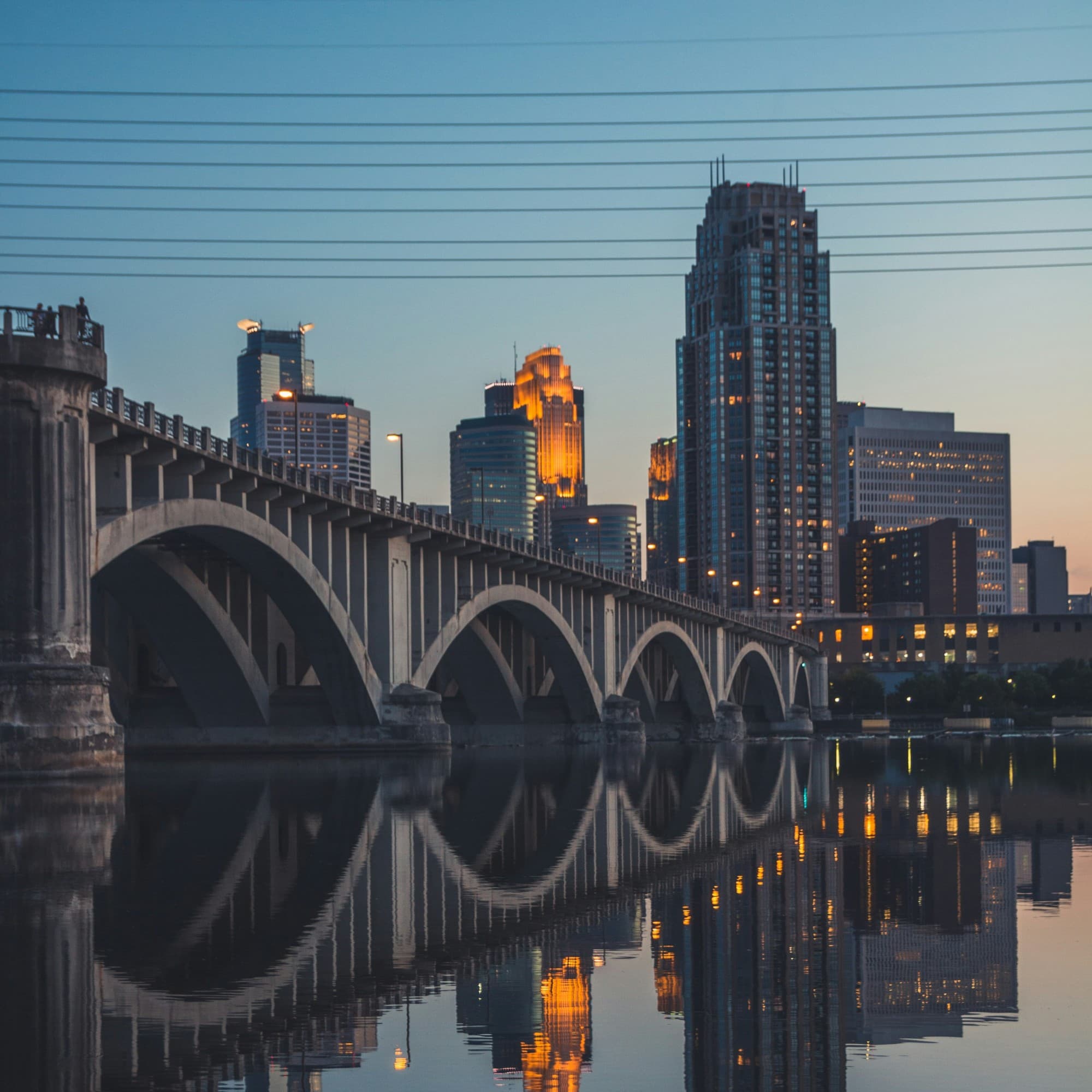
Minnesota's Top Issues in 2024: A Comprehensive Overview
A variety of issues will be on Minnesota voters’ minds as they head into the 2024 elections. Both the state’s Democratic and Republican presidential primaries are coming up on Super Tuesday, March 5, 2024, with the state primary election to follow on August 13 and the general election on November 5.
This guide will explore the top issues facing voters in Minnesota in 2024, as well as some of the most pressing concerns in the Twin Cities and Minnesota’s other largest cities.
Top Election Issues in Minnesota
There are key political, economic, and social issues to be resolved in the 2024 Minnesota elections. Here are a few of the most important:
Climate and environmental sustainability
Reproductive rights and abortion
Rent control and affordable housing
Economic growth
Public safety and policing
Funding for public schools
These issues will be at the top of many voters’ minds as the upcoming elections approach. Minnesota may also play an interesting role in the presidential primaries this year, as Minnesota Representative Dean Phillips is seeking the Democratic nomination for president.
Noteworthy Elections in Minnesota in 2024
When considering the top issues in the state as elections approach, it is also important to consider which Minnesota elections will have the most impact on voters and residents. The following elections have the potential to make waves in Minnesota’s political landscape:
State House of Representatives: The outcome of this election will influence the future direction of education, health care, transportation, taxes, and other issues in Minnesota.
Fifth Congressional District: Ilhan Omar is a prominent candidate in the Fifth Congressional District’s Democratic primary. A current member of the U.S. House of Representatives, Congresswoman Omar has won notoriety for standing up for progressive causes. Omar now faces multiple challengers in the Democratic primary on August 13, 2024.
Third Congressional District: A competitive primary is expected in Minnesota’s Third Congressional District without the presence of Rep. Dean Phillips, who has left the race to challenge President Joe Biden’s 2024 nomination. Currently, candidates Ron Harris and Kelly Morrison are set to compete in August’s Democratic primary.
Second Congressional District: Rep. Angie Craig is running for reelection in Minnesota’s Second Congressional District. While she has no current opposition within the Democratic Party, she faces multiple Republican challengers.
Other important races in 2024 include an election for the next Minneapolis school board, an election for the next Hennepin County Commission, and other local races.
Leading Concerns in Minnesota’s Major Cities
Minneapolis and St. Paul
In the Twin Cities, political analysts expect some members of the current St. Paul city council to strive to reverse revisions that have relaxed the city’s rent control ordinance. Mayor Jacob Frey has opposed the majority of rent control proposals for 2024. Yet, the left-leaning coalition that now leads the city council has also vowed to rejuvenate these important issues. This activity is all part of the Minnesota political landscape and St. Paul community development.
Public schools across the state are preparing for the 2024 fall term when $1.3 billion of Covid relief funding from the federal government expires. Schools with greater numbers of lower-income students will be more adversely affected by this loss than others. This is because these schools received more funds initially. In addition, out of necessity, schools used the federal funding to fund a variety of needs, from teachers’ salaries to HVAC upgrades.
At the same time, some of the largest school districts in the state, including Minneapolis, St. Paul, and Anoka-Hennepin, are negotiating contracts with teachers’ unions. Many of these districts report that spending more on education is essential for the survival of their current school systems.
There are also rideshare changes at stake among 2024’s election issues. Minnesota policymakers may alter how Uber and Lyft drivers are compensated as essential steps in urban development in Minneapolis. One possibility is that Minneapolis may adopt an ordinance to ensure these drivers are paid a minimum wage.
Reforms to the Minneapolis Police Department could also be on the agenda for 2024. The city government plans to hire an independent overseer of the department’s compliance with a state court settlement for economic growth in St. Paul. Eliminating policies that are racially discriminatory will be an essential part of urban development in Minneapolis.
Duluth
Voters in Duluth, Minnesota face important local issues as the 2024 elections approach. De-rigging local elections is near the top of Duluth’s list of priorities. Duluth residents have become increasingly aware of the influence that large corporate donors and campaign contributions have on election results and on public services in Duluth.
Duluth residents are also concerned with the need to improve the local economy, balance the cost of living, and continue funding public education in 2024.
Brooklyn Park
The most prominent issues for voters and candidates in Brooklyn Park, Minnesota in this year’s elections are the economy, park maintenance, safety, and ecology. Civic engagement and political participation are also top priorities.
Brooklyn Park makes up a portion of the Shingle Creek & West Mississippi Watershed. This watershed stretches across 67 square miles, including nine additional cities, and is an important reference point for considering Brooklyn Park’s top environmental concerns.
Maple Grove
Maple Grove is a thriving community within the Twin Cities metro area with multiple important concerns. Maple Grove contains over 50 parks and play areas, which many residents wish to preserve and maintain as high-quality amenities. Funding for public services is a major campaign issue for the 2024 local elections.
Make a Difference in Minnesota in 2024
There are a number of ways you can get involved in your local community and make an impact in Minnesota in 2024. Here are a few of the most powerful ways to get involved:
Vote in Minnesota’s upcoming elections. Make sure you’re registered to vote, and then make a plan to vote in Minnesota’s presidential and state primary elections, as well as the general elections in November. You can make the biggest impact by researching the top issues and candidates in your local community before turning out on election day.
Volunteer. You might consider volunteering as an election worker at a voting precinct, with a local organization that supports a cause you care about, or with a national organization like GoodParty.org. We offer opportunities for volunteers in Minnesota and across the country to support the movement for change in politics and government.
Run for office in your community. Even as Super Tuesday and the other 2024 elections approach, there is still time to file for office and launch a campaign to represent your local community. Interested in learning how to get started? Book a free meeting with GoodParty.org’s team of experts to discuss your chance to run for office.
Minnesota’s political landscape is driven by voters with strong civic engagement and leaders who are willing to stand up for the issues that matter most to them. You have what it takes to make an impact in your local community and across the state.
Photo by Spencer Bergen on Unsplash
